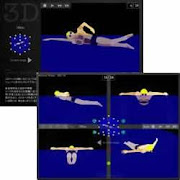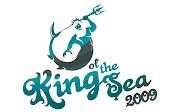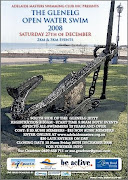 Courtesy of WOWSA, Huntington Beach, California.
Courtesy of WOWSA, Huntington Beach, California. The sport of professional marathon swimming has continued to evolve over the years. Currently, the FINA 10KM Marathon Swimming World Cup and the FINA Open Water Swimming Grand Prix are two worldwide professional marathon swimming series that are sanctioned under the auspices of the FINA and organized by the local race directors. The rules and regulations have been standardized and the prize money (up to US$40,000 per race) is guaranteed with the distribution of the cash prizes awarded equally to men and women.
But, it was not always so in the history of professional marathon swimming. For decades, there was a constant struggle between the local race directors who were looking to remain solvent and the athletes who were committed to making marathon swimming their profession and livelihood.
Similar to many corporate management and labor battles worldwide, the back-and-forth dynamics between the race directors and the athletes is dependent upon strong personalities and committed leaders.
During the 1970’s and 1980’s in the years just prior to the professional marathon swimming circuits been sanctioned by FINA, one legendary swimmer from Argentina greatly helped both the athletes and the sport. Claudio Plit, an inductee to International Marathon Swimming Hall of Fame and a winner of every major marathon swim in the world, was held in the highest respect by his fellow competitors and race directors alike.
But Plit still had to negotiate the prize money on behalf of the athletes. Many times on the pro circuit, he was negotiating the total purse right up to the morning of the race. It usually turned out that whatever Plit could hammer out with the race directors was accepted by all. The older pro swimmers still remember the time when Plit was on the pier, in his swim suit and goggles, at a pro marathon in Paspébiac, Quebec, Canada negotiating the prize money as his fellow competitors were jumping into the frigid sea for the start.
It is on the shoulders of these pioneers that the sport has developed over time.
Copyright © 2008 by World Open Water Swimming Association




















No comments:
Post a Comment